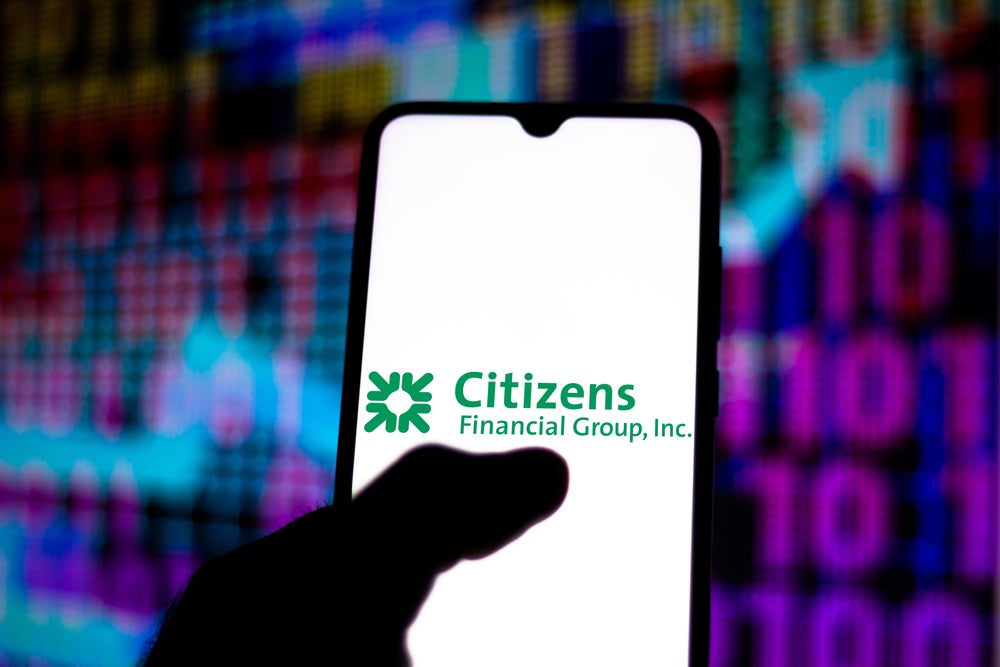
ESG is flourishing within the HNW space, with 26% of HNW assets allocated to ESG investments. However, greenwashing remains a significant challenge, presenting a growing threat to wealth managers’ reputations. This means a transparent proposition is critical amid strong HNW demand and growing supply.
While there is clear demand for ESG investments, greenwashing remains an issue in wealth management as company selection and inclusion criteria lack standardisation across most of the world. For example, some sustainable funds exclude Afterpay on the basis that the company supports consumerism among younger generations, while others include Afterpay as it provides an alternative to credit cards.
The sheer number of different frameworks and performance tracking also remains a major challenge. As per GlobalData’s 2021 ESG Strategy Survey, 53% of financial services businesses report measuring and tracking ESG-related performance as the top challenge in ESG reporting. Another 36% quoted the existence of too many reporting frameworks.
Specific for investment products and financial market participants, the CFA Institute’s Global ESG Disclosure Standards for Investment Products provides the most common and widely applied guidelines, while Europe’s Sustainable Finance Disclosure Regulation (SFDR) imposes sustainability disclosure requirements for asset managers and other financial markets participants. However, the CFA’s standard is voluntary while SFDR only applies to financial services companies in the European Union.
As sustainable and ESG funds are flooding the market, investors have become increasingly worried about greenwashing. Quilter research found that ESG investments “not being what they claim to be” is the number one concern identified by 44% of investors. In particular, HNW investors expect a clear and transparent ESG proposition. GlobalData findings show that HNW investors have high expectations when it comes to their ESG investments. Globally, 73% of wealth managers agree that HNW investors expect ESG products that apply positive as opposed to negative screening strategies (i.e. including companies with a positive impact, as opposed to excluding those doing harm).
This means wealth managers and distributors dealing with investors need to be prepared to address a range of client queries and concerns. Indeed, there is a clear business case for investing in a transparent ESG strategy. In GlobalData’s 2021 ESG Strategy Survey, 61% of financial services providers reported that their efforts have had a positive impact on customer satisfaction, while only 1% indicated that their ESG strategy had not yielded any benefits.
How well do you really know your competitors?
Access the most comprehensive Company Profiles on the market, powered by GlobalData. Save hours of research. Gain competitive edge.

Thank you!
Your download email will arrive shortly
Not ready to buy yet? Download a free sample
We are confident about the unique quality of our Company Profiles. However, we want you to make the most beneficial decision for your business, so we offer a free sample that you can download by submitting the below form
By GlobalDataIn addition, non-compliance has significant reputational and monetary implications. Governments across the world are scrambling to introduce ESG standards, and thorough due diligence is becoming more important as regulators crack down on greenwashing. For example, in May 2022, the US Securities and Exchange Commission charged BNY Mellon Investment Adviser for misstatements and omissions around ESG considerations when making investment decisions for certain mutual funds it managed. To settle the charges, BNY Mellon agreed to pay a $1.5m penalty. The case was the first time the regulator settled with a wealth manager on ESG matters.
In the same month, Deutsche Bank was raided by German law enforcement officials on suspicion of fraudulent advertising of sustainable investment funds, while reports that the SEC is allegedly investing Goldman Sachs over ESG investment funds emerged in June 2022.
The above examples are likely just the tip of the iceberg, as regulators are upping their game. Previously, governments and regulators have been relatively quiet due to the lack of enforceable standards. However, this situation is changing. The above incidents should serve as a wakeup call for wealth managers to review their rhetoric and implement stricter ESG due diligence procedures to avoid a greenwashing nightmare.









Related Company Profiles
Deutsche Bank AG
Afterpay Ltd